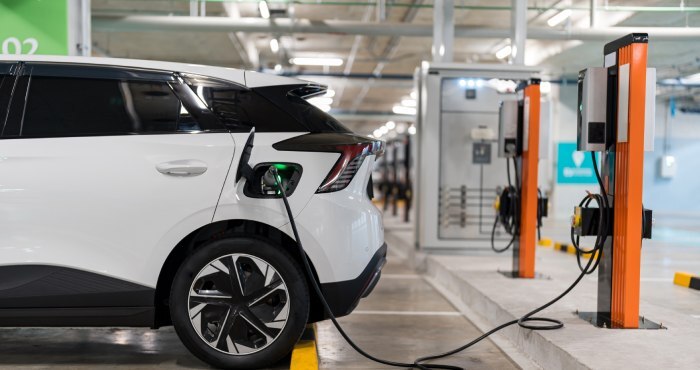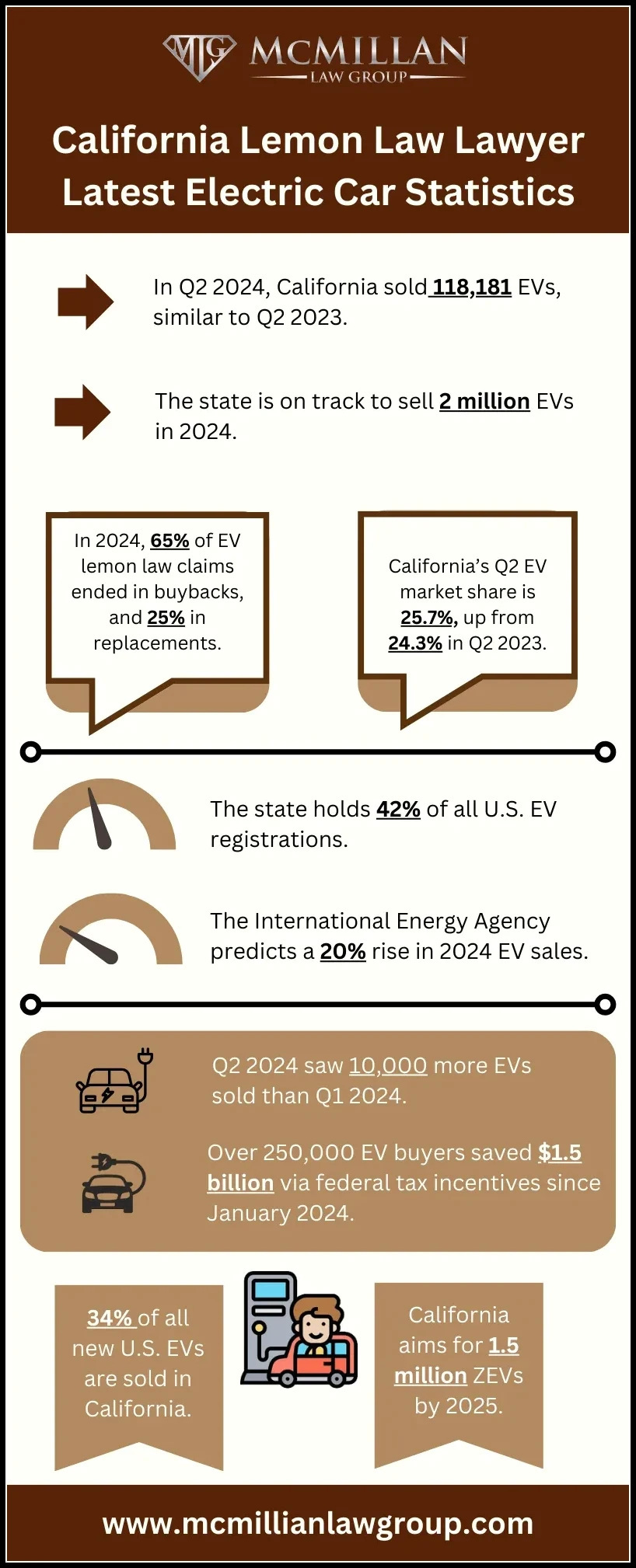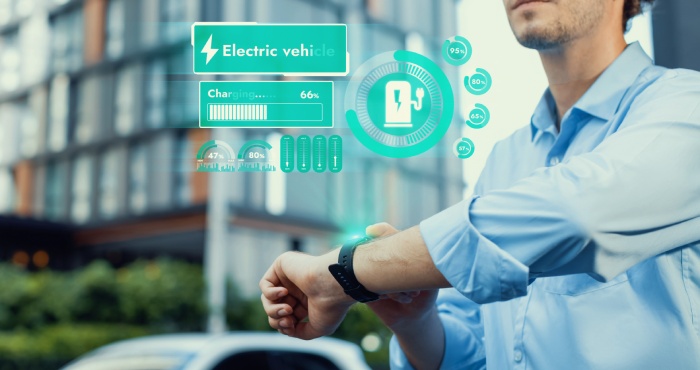The market for electric vehicles (EVs) is experiencing significant growth, fueled by technological advancements and a heightened focus on environmental sustainability. Various governments around the globe, California included, are promoting a shift from gasoline-powered cars to electric options. Like any fast-developing technology, EVs may face production flaws or operational failures.
The Rise of Electric Vehicles
In recent years, the electric vehicle (EV) industry has experienced remarkable growth, with car manufacturers pouring substantial resources into electric technologies. In 2023, worldwide sales of EVs exceeded 10 million units, fueled by rising fuel prices, heightened awareness of climate change, and supportive government policies. Notably, California has positioned itself at the forefront of EV adoption, representing a considerable share of electric vehicle sales across the United States.
Government initiatives like rebates, tax breaks, and the California Zero Emission Vehicle (ZEV) Program, which requires car manufacturers to provide electric options, have driven the increase in electric vehicle adoption. As a result of this push, consumers now enjoy an unprecedented selection of vehicles, ranging from high-end electric sedans to affordable compact EVs.
Potential Defects in Electric Vehicles
Electric vehicles are intricate devices that depend on sophisticated software, powerful batteries, and integrated systems. Although EVs remove some mechanical issues associated with traditional gasoline engines, they bring about different challenges. Among the frequent issues found in electric vehicles are:
- Battery Issues: Electric vehicle batteries can experience early deterioration or malfunctioning cells, resulting in reduced driving distances or total system breakdowns. In extreme situations, these batteries might overheat, creating a risk of fire.
- Software Glitches: Since electric vehicles depend heavily on software, owners might encounter issues such as difficulties with firmware updates, faulty infotainment systems, or misleading battery level displays.
- Charging System Failures: Certain vehicle owners face challenges with their onboard chargers, preventing them from charging their cars either at home or at public charging facilities.
- Electrical Component Malfunctions: Issues related to electric motors, regenerative braking systems, or sensors can compromise both the performance and safety of the vehicle.
- Autopilot and Driver Assist Issues: Sophisticated driver support technologies (ADAS), including functions like automated parking and lane-keeping, may experience failures that pose safety hazards.
How Lemon Law Protects EV Owners in California
Qualification Criteria for EVs Under Lemon Law
The car exhibits significant flaws that are included under the manufacturer’s warranty. Despite a sufficient number of repair efforts by the manufacturer or dealership, the problem remains unresolved. For a defect to be considered valid, it should adversely affect the vehicle’s safety, performance, or resale value.
Common Lemon Law Remedies for EV Owners
Should an electric vehicle satisfy the aforementioned criteria, the buyer is eligible for one of these remedies:
- Buyback: The producer is required to reimburse the total cost of the purchase, which encompasses the initial deposit, monthly installments, registration costs, and taxes. Additionally, in certain situations, ancillary expenses like towing and rental car charges might also be compensated.
- Replacement Vehicle: The producer is able to provide a substitute vehicle that is either the same model or of comparable worth. Nevertheless, the buyer has the option to refuse the replacement if they would rather receive a refund.
- Cash Settlement: Certain manufacturers might come to an agreement with the consumer for a cash payout to settle the claim instead of opting for a buyback or replacement.
Additional Protections for EV Owners
In California, the Lemon Law extends to leased vehicles, which is particularly important as the popularity of leasing electric vehicles continues to grow. Moreover, this legislation is applicable to cars utilized for personal, family, or small business activities, ensuring its importance for both individual consumers and fleet operators.
Challenges EV Owners Face with Lemon Law Claims
Software-Related Defects:
In contrast to mechanical problems, identifying software bugs can be challenging and often necessitates several updates for a solution. Manufacturers may contend that software-related issues do not represent significant defects.
Intermittent Problems:
Certain defects in electric vehicles, like inconsistent charging failures, might not manifest reliably. This inconsistency can complicate consumer’s efforts to demonstrate the problem during the repair attempts permitted under Lemon Law.
Extended Repair Times:
The scarcity of specialized parts and skilled technicians for electric vehicles often results in extended repair durations, making Lemon Law claims more challenging.
Even with these obstacles, attorneys specializing in California Lemon Law can assist electric vehicle owners in maneuvering through the legal system, safeguarding their rights.
Why Legal Representation is Essential for EV Lemon Law Claims
Due to the intricate nature of electric vehicle technology, collaborating with a knowledgeable California Lemon Law attorney San Diego can be extremely beneficial. These legal professionals focus on interactions with manufacturers and dealerships, making certain that consumers obtain just compensation. They provide support in:
- Evaluating the Case: Attorneys can assess if a flaw falls under the Lemon Law by examining the repair records and warranty provisions.
- Negotiating with Manufacturers: Numerous manufacturers often challenge allegations, particularly concerning defects in advanced electric vehicles. An experienced lawyer can advocate for the consumer to secure a beneficial resolution.
- Filing a Lawsuit if Necessary: Should the manufacturer decline to cooperate, an attorney specializing in Lemon Law can initiate legal action to seek a buyback, replacement vehicle, or financial compensation.
Most importantly, the California Lemon Law Lawyer requires manufacturers to pay for the legal expenses of consumers, guaranteeing that the cost of hiring a lawyer does not create a financial strain.
The rising trend of electric vehicles presents thrilling prospects for a more sustainable future, yet it also poses distinct challenges for consumers. Owners of EVs might encounter problems such as battery malfunctions or software errors that can affect their vehicle’s performance or safety. In this context, California’s Lemon Law plays a crucial role in safeguarding buyers, ensuring they are shielded from faulty products and receive appropriate compensation.
With the ongoing development of the electric vehicle (EV) market, Lemon Law will increasingly be vital in ensuring manufacturers are held responsible and in fostering trust among consumers regarding electric technology. For those purchasing EVs and facing the intricacies of ownership, it is crucial to be aware of their legal protections under Lemon Law.





